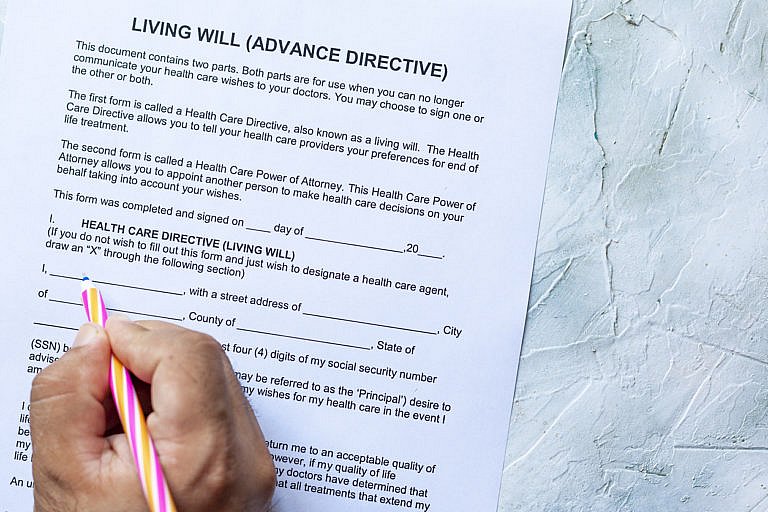Talk about life or death decisions: how your medical care will be handled if you are unable to express your wishes is right there at the top of the list. This decision must be made proactively if it is to carry any weight. After a traumatic injury or during an episode of severe disease, it is unlikely you will be in shape to express what measures you want taken to preserve your life. The best way to arrange for this contingency is to create an advance directive with an experienced, compassionate estate planning attorney.
At Surprenant & Beneski, we have successfully served clients throughout Southeastern Massachusetts and Cape Cod for well over a decade. We are committed to seeing to it that they are prepared to protect themselves and their families from unexpected events. Once you contact us, we will create all the documents you need to secure your future, including an advance directive.
1. Why an Advance Directive Is Significant
An advance directive provides written instructions about future medical care if you become unconscious or too ill to communicate. This document works in conjunction with a health care proxy. The latter names the person you want to oversee your advance directive, the individual you trust to make decisions according to your stated wishes, including decisions regarding life support.
It should be noted that approximately two-thirds of all adults in this country do not have an advance directive. The skilled estate planning attorneys at Surprenant & Beneski strongly recommend that you not be included in that statistical majority since by neglecting to have us create an advance directive you surrender control over your own life.
2. Advance Directives Are Not Legally Binding in Massachusetts
Massachusetts is one of only three states that recognizes Health Care Proxies but does not recognize Advance Directives / Living Wills. Advance Directives are still potentially useful because they guide Agents and physicians about the types of choices a person would make. With an Advance Directive, you outline your preferences about future healthcare treatments, in case you’re ever unable to communicate your wishes to doctors and loved ones.
3. You Can Change Your Mind and Alter Your Advance Directive at any Time
Some of our clients at first hesitate to formulate an advance directive for fear that they may feel differently later. This is not a sticking point as you may change your directive at any time. Some individuals also fear that naming a health care proxy means that the appointed person’s judgment will take precedence over their own. This is false. As long as you are able to make your current views known, your views prevail.
4. Not Wanting Your Life Prolonged Artificially Doesn’t Mean You Won’t Receive Palliative Care
A common fear among those filling out an advance directive is that stating you don’t want machines breathing for you or a feeding tube inserted will mean that you die an agonizing death. Nothing could be further from the truth. You will always be kept pain-free with palliative care during your final days. Such care is legally required.
5. Signing Your Advance Directive Requires Responsible Follow-Up Action
When you’re dealing with matters as delicate as your advance directive, it is necessary to share your decisions with your close family members and your doctor(s) and update it as circumstances change.
Surprenant & Beneski advises that you have a conversation with your loved ones and your attending medical professionals to ensure that everyone involved knows your wishes. Giving interested parties copies of the document is a good way of avoiding family disputes and apparent ambiguity.
6. Your Advance Directive Will Not Prevent EMTs from Reviving You
If 911 is called, EMTs will automatically resuscitate you unless they have specific orders not to do so. If interested in the specifics of Do-Not-Resuscitate and MOLST (Medical Orders for Scope of Treatment), you should discuss with your primary care physician. They can provide appropriate detail with you so you can make informed choices.
Contact Our Advanced Directive Attorneys to Maintain Control of Your Life
It is not only the elderly who require advance directives. The uncomfortable reality is that young and middle-aged adults may also be forced to confront catastrophic injury or illness. Be prepared to protect yourself and your family from confusion and additional stress if the worst happens. Call us today so you can sleep better tonight.
